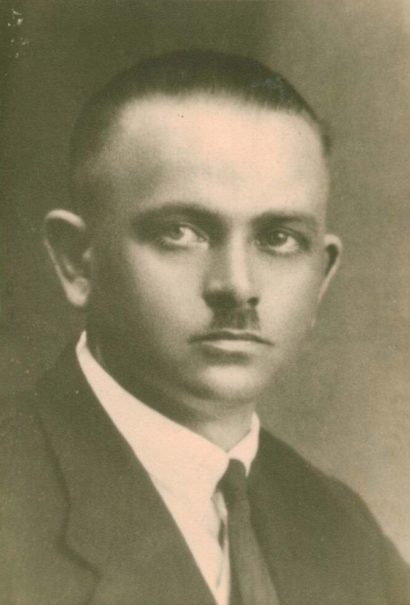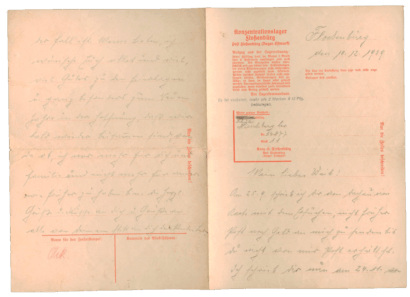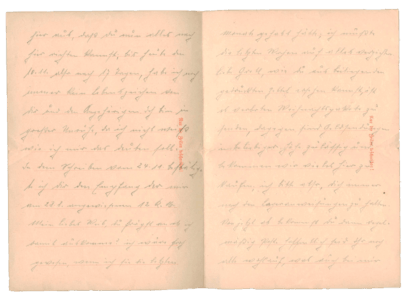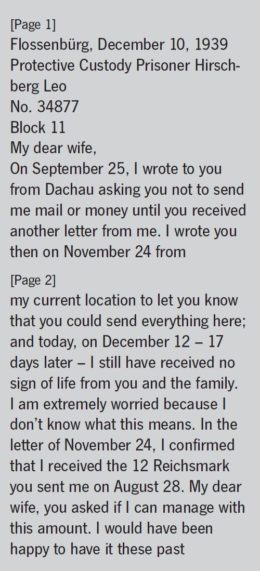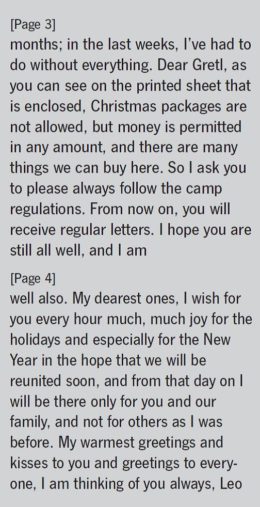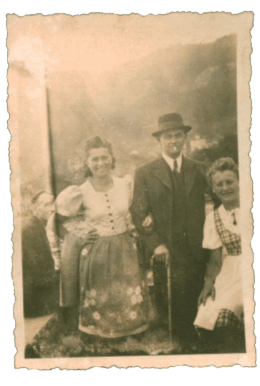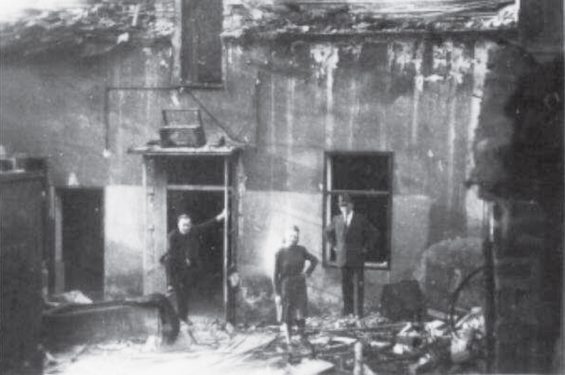Leo Hirschberg
born April 12, 1894
![]()
Leo Hirschberg, ca. 1932 (private collection)
Estrangement From His Daughter Due To Flossenbürg
Leo Hirschberg was born in 1893 in Zuckmantel (today: Zlaté Hory) in eastern Bohemia, which belonged to Austria-Hungary at the time. He trained as a machinist. In the First World War, he served in the Austrian army. After the war, he married and had a son and a daughter. His wife died at a young age, and he remarried in 1932.
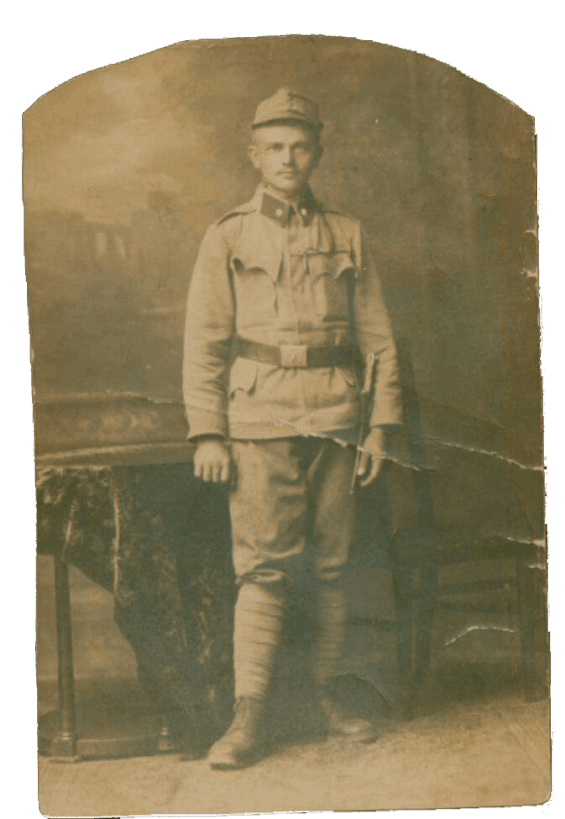
Leo Hirschberg as a soldier in the Austrian army, 1915 (private collection)
An active union member, Leo Hirschberg helped organize large union meetings in Aussig (Ústí nad Labem). He was also a dedicated Social Democrat and opposed the demands of the Sudeten German Party, who wanted to split the Sudetenland away from the rest of Czechoslovakia. After the German invasion, the Gestapo arrested Leo Hirschberg, issuing an order of protective custody against him in July 1939. A month later, he was transferred from the Aussig jail to the Dachau concentration camp. When the SS cleared the camp temporarily at the start of the war, Leo Hirschberg was transferred to Flossenbürg for six months. He was forced to work in the quarry under brutal conditions, and suffered there in the extreme cold. In July 1941, he was released from Dachau and returned to Aussig, seriously ill with a lung infection. He was instructed not to engage in any political activities and had to report to the local Gestapo every week.
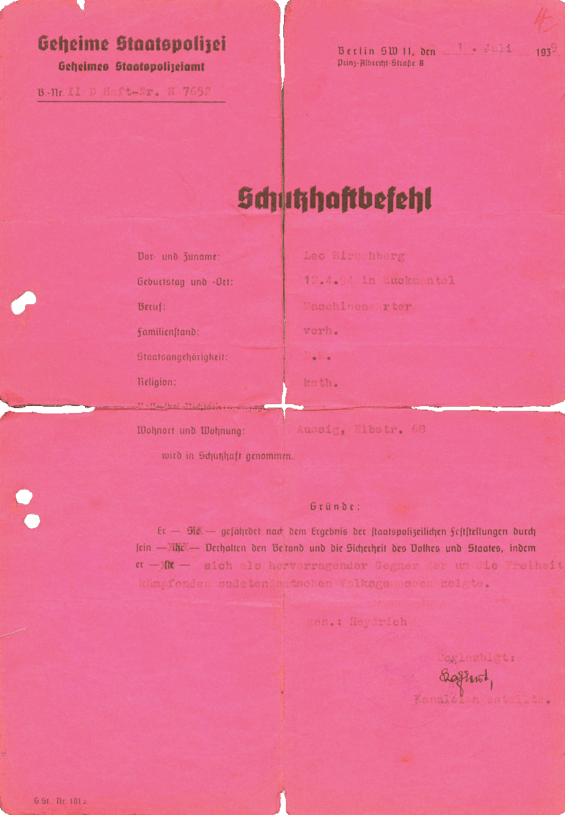
Order of protective custody against Leo Hirschberg, July 10, 1939 (private collection)
While Leo Hirschberg was being held in the Gestapo jail in Aussig, the Reich Main Security Office issued an order of protective custody against him.
![]()
Letter from Leo Hirschberg from the Flossenbürg concentration camp to his wife Gretl, December 10, 1939 (private collection)
![]()
Leo Hirschberg was permitted to receive mail and send letters twice a month. The letters were censored.
After the end of the war, all Germans were forced to leave Czechoslovakia. The Hirschberg family was also affected by the expulsions. As a recognized opponent of National Socialism, Leo Hirschberg was permitted to take his furnishings and other household items. The family lived in a transit camp in Frankfurt before arriving at Wasserburg am Inn in January 1947, where Leo Hirschberg settled with his second wife and their two sons.
In a twist of fate, Leo Hirschberg’s daughter Luzie from his first marriage married a stonemason from Flossenbürg. The young couple moved into a building in the former concentration camp quarry in 1945. Leo Hirschberg could not accept his daughter’s actions and broke off contact with her. Despite his poor health and physical frailty, Leo Hirschberg continued to work on behalf of the denazification tribunal in Moosburg. He died on December 18, 1952.
![]()
Leo Hirschberg with his daughter Luzie and niece Emmi on an excursion near Aussig, 1942 (private collection)
![]()
(right) with relatives in front of the bombed-out family home, shortly after the air raid attack on Aussig on April 19, 1945 (private collection)
